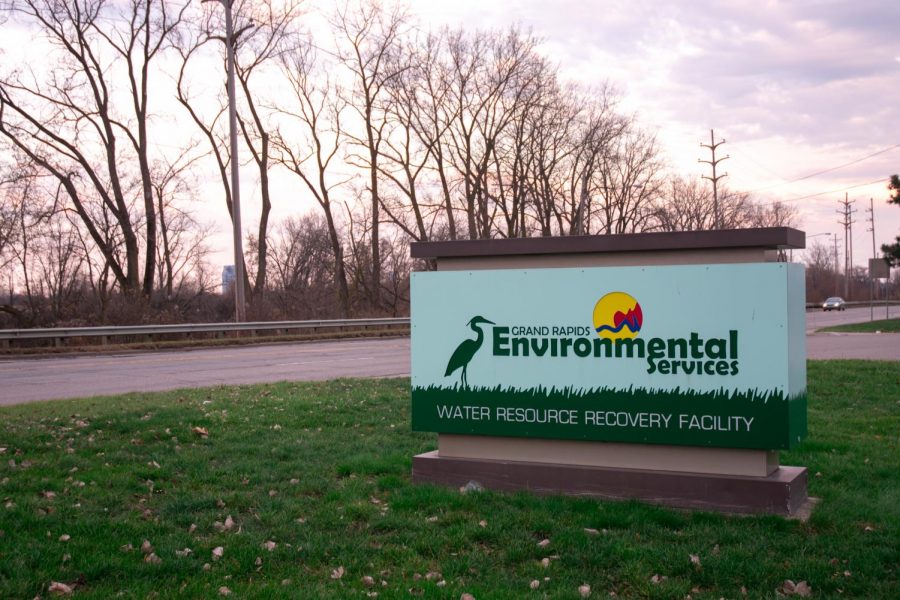Grand Rapids receives grant to address PFAS
Dec 2, 2019
Grand Rapids has recently been taking measures to improve wastewater quality in the city and address contamination issues. Last week, the Grand Rapids City Commission voted to accept a $50,000 grant from the Michigan Department of Environment, Great Lakes, and Energy (EGLE) to continue work on addressing polyfluoroalkyl substances, or PFAS, in wastewater.
The grant supports funding for a PFAS research project being conducted by the Grand Rapids Environmental Services Department and Fraunhofer USA Center for Coatings and Diamond Technologies in partnership with Michigan State University. The city is partnering with Michigan State University-Fraunhofer due to their recent development of a method that uses diamond technology to break down the hazardous carbon fluorine bonds in the PFAS compounds and convert them into carbon dioxide, fluoride and water. It will cover the costs of testing wastewater samples from MSU-Fraunhofer, which is roughly $1,400 each month.
Nicole Pasch, acting assistant environmental services manager for Grand Rapids, said the project is a long-term one and showcases the city’s commitment to protecting its citizens from potentially harmful contaminants.
“We know that addressing PFAS is a long-term process, and the project is an important step in helping us combat PFAS,” Pasch said. “Our department will continue to be proactive with this important environmental issue, and we are grateful for the support of EGLE.”
PFAS are a large class of man-made, organic chemicals that have been produced for decades and used throughout the industrial, food and textile industries, including water-resistant products and non-stick coating on cookware. PFAS are resistant to heat, water and oil and are harmful to the environment and living organisms because they don’t naturally break down over time. There is evidence that exposure to PFAS can lead to adverse health outcomes in humans. Environmental Protection Agency studies indicate that they can cause reproductive and developmental, liver and kidney, and immunological effects in laboratory animals, thus signifying a potential risk to humans.
The project’s goal is to develop a technology that destroys PFAS chemicals in wastewater. In March, the city Commission approved the partnership with MSU-Fraunhofer, investing $300,000 over a three-year period. The city’s Environmental Services Department hopes to eventually use the MSU-Fraunhofer technology at its Water Resource Recovery Facility, where PFAS from industrial and landfill discharges enter the plant via the sewer system and are not treatable for removal under normal treatment plant processes.
Pasch said that the continued work of city officials in Grand Rapids on environmental issues like PFAS and other contaminants is a good sign that the city is moving in the sustainability direction. Pasch relayed that public safety is always the number one priority for Grand Rapids health and environmental officials, and that work will continue to capitalize on that continued protection.
“Our work confirms our commitment that if the potential is there for an actual solution for destroying these chemicals, we will be at the forefront of finding it,” Pasch said.



























